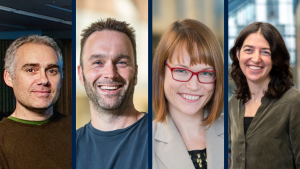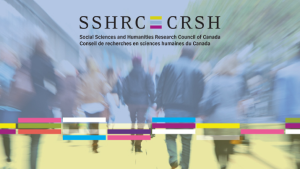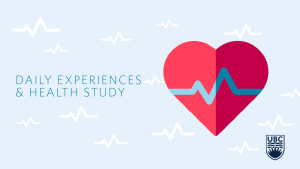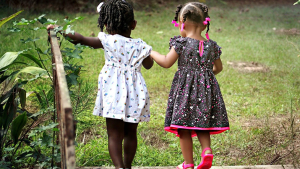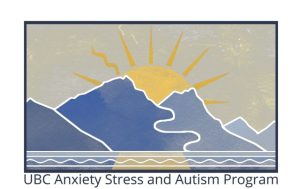Psychology researchers receive UBC Health’s HIFI Award for their work
UBC Psychology researchers and colleagues receive the UBC Health HIFI Award for their work on catalyzing multimodal MEG research on children’s brain health and development.
Four UBC Psychology faculty receive national funding to support their research
4 UBC Psychology researchers receive national funding to support their important work.
SSHRC Insight Grants awarded to psychology researchers
Congratulations to the UBC Psychology faculty and their research collaborators who received funding from SSHRC as part of the 2022 Insight grant competition.
UBC researchers explore the impact of microaggressions on adults’ mental wellbeing
Participate in our research and learn how ups and downs in your daily life can affect your health and mental wellbeing.
How this turtle helped reduce plastic waste in an office building
Remember how #savetheturtles started the movement that led to the widespread use of reusable, metal straws? Turns out turtles can also help reduce plastic waste in an office building – and no, not by eating it.
Why wearing sunglasses is more than just cool? The social power of concealing your eyes from others.
New research shows when people’s eyes are physically camouflaged from others, they will often look in ways that violate social norms.
New research shows sex differences in neurogenesis
Drs. Timothy O’Leary and Jason Snyder found that male rats learned slower and female rats learned faster when new neurons were removed.
Health research overlooks important differences between sexes
Dr. Liisa Galea and colleagues have published an analysis of 3,193 neuroscience and psychiatry studies from 2009 and 2019.
Cross-racial friendships easier for children with good academic and social skills
The study looked at the relationship between cross-racial friendships and academic and social adjustment among 583 children in Canada and the U.S.
Collaborative research from the ASAP Lab and the MIND Institute featured in Spectrum News
Spectrum News has highlighted a recent study published by researchers from UBC Psychology’s ASAP Lab and UC Davis’s MIND Institute. The study investigated the brain development of autistic and non-autistic children and looked at whether patterns of brain development were linked to children’s anxiety. The researchers used a tool developed by Dr. Connor Kerns to […]

